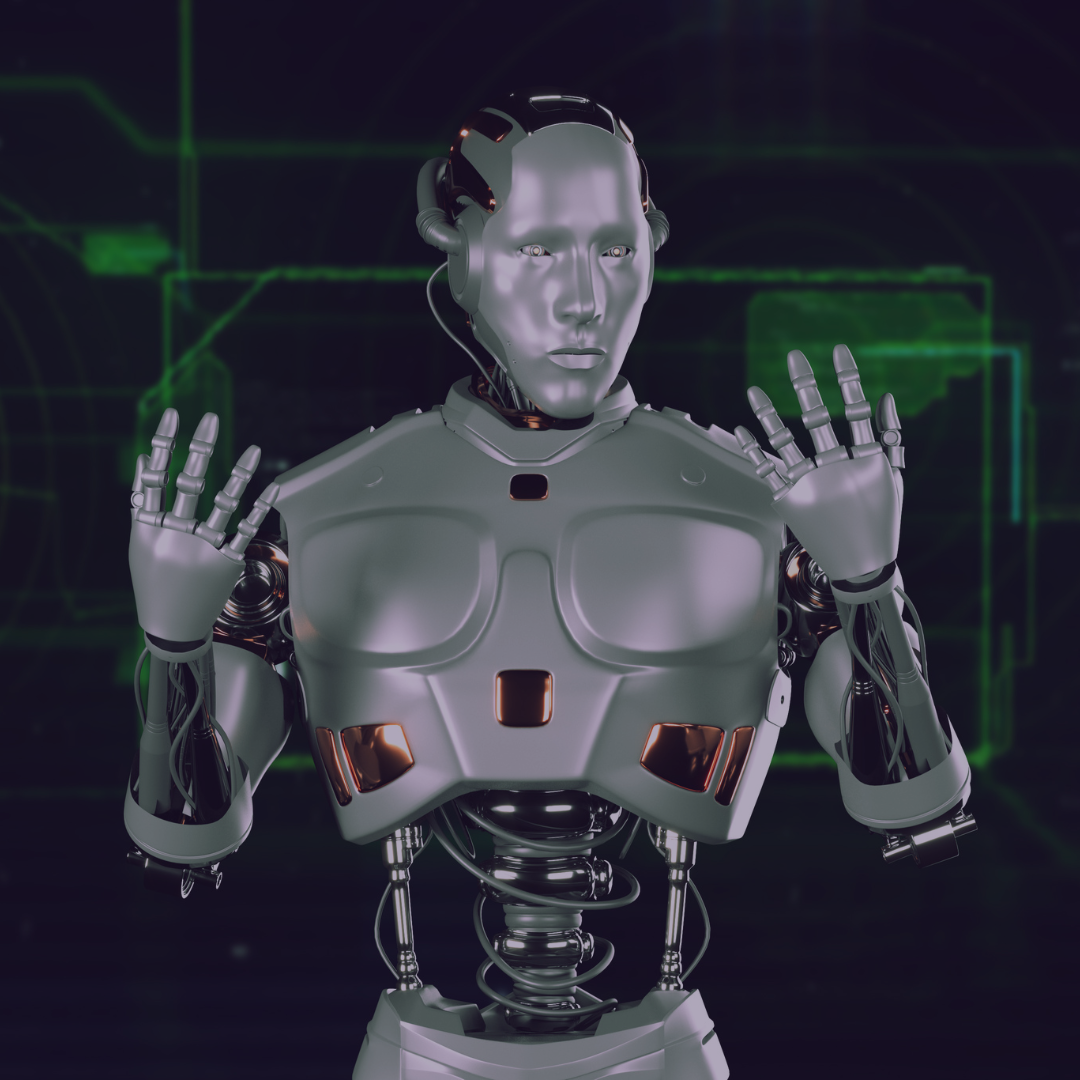Agentic Artificial Intelligence (Agentic AI) is gaining momentum as a transformative force in technology and business. While Generative AI has dominated headlines with its ability to create text, images, and more, Agentic AI introduces a fundamentally different approach. It focuses on autonomous decision-making and context-aware actions, bridging the gap between artificial intelligence and human-like agency.
In this blog, we’ll look into what Agentic AI is, how it works, and its potential applications. We’ll also provide insights into how it differs from other types of AI, like Generative AI, and explore real-world use cases to demonstrate its transformative potential.
What Is Agentic AI?
Agentic AI refers to systems designed to act autonomously based on contextual information and objectives. These systems not only process data but also make decisions and take actions independently, mimicking the agency of humans.
Agentic AI Definition
Agentic AI can be defined as an AI system capable of autonomous decision-making and action-taking in dynamic environments, guided by goals and contextual understanding.
Unlike traditional AI systems, which often require specific instructions or predefined responses, Agentic AI operates on the principle of self-direction.
How Agentic AI Works
To understand how Agentic AI operates, it’s crucial to break down its workflow:
1. Perception
- Agentic AI systems collect and process real-time data from multiple sources, including sensors, cameras, and databases.
- Example: A self-driving car perceives road conditions, traffic signals, and pedestrian movements.
2. Reasoning and Contextual Understanding
- The system evaluates the data, identifies patterns, and considers contextual factors like objectives and constraints.
- Frameworks such as LangChain or models like LLMs (Large Language Models) are often integrated to enhance reasoning capabilities.
3. Decision-Making
- Using advanced algorithms, Agentic AI determines the best course of action. These decisions are goal-oriented and adaptive.
- Example: In customer support, Agentic AI tools can decide whether to escalate an issue or resolve it independently.
4. Action Execution
- After making a decision, the system executes actions, such as sending alerts, controlling machinery, or initiating workflows.
5. Learning and Feedback
- The AI continuously learns from the outcomes of its actions, refining its future performance. This iterative process ensures improved accuracy over time.
Why Is Agentic AI Significant?
1. Autonomy
Agentic AI systems operate with minimal human intervention, making them highly efficient in dynamic environments.
2. Context Awareness
These systems excel in understanding the nuances of their operating environment, enabling precise and relevant actions.
3. Scalability
Agentic AI can be deployed across industries, from healthcare and finance to logistics, to streamline operations.
Key Differences Between Agentic AI and Generative AI
| Feature | Agentic AI | Generative AI |
| Purpose | Autonomous action | Content generation |
| Focus | Decision-making, task execution | Text, image, or media creation |
| Core Capability | Contextual reasoning and adaptation | Creative outputs |
| Examples | Autonomous agents, robotics | ChatGPT, DALL·E |
Agentic AI Applications
Agentic AI is revolutionizing industries with its versatile applications. Here are some real-world use cases:
1. Healthcare
- Personalized treatment recommendations.
- Managing hospital workflows with autonomous agents.
2. Customer Support
- AI agents handle queries, escalating issues only when necessary.
3. Finance
- Fraud detection systems that autonomously block suspicious activities.
- Optimized investment strategies using adaptive decision-making models.
4. Supply Chain and Logistics
- Autonomous fleet management and route optimization.
- Inventory management with dynamic restocking.
Agentic AI Frameworks and Tools
1. LangChain
- Simplifies the development of context-aware AI applications.
- Useful for integrating Agentic AI workflows with LLMs.
2. Reinforcement Learning Frameworks
- Popular methods include Deep Q-Learning and Proximal Policy Optimization (PPO).
- These help train systems to adapt to evolving conditions.
3. Industry-Specific Tools
- Microsoft’s Azure Machine Learning platform supports custom Agentic AI models.
- Startups like OpenAI and others are developing Agentic AI-specific capabilities.
Challenges in Implementing Agentic AI
While promising, Agentic AI is not without hurdles:
- Ethical Concerns
- Ensuring AI systems act responsibly without unintended consequences.
- Complexity
- Developing context-aware models requires advanced algorithms and significant computational power.
- Data Security
- Protecting sensitive information in autonomous decision-making systems is critical.
Future of Agentic AI
Agentic AI represents the next step in artificial intelligence evolution. As frameworks and computational capabilities improve, these systems will become more accessible and powerful, driving innovation across sectors.
FAQs About Agentic AI
1. What is Agentic AI?
Agentic AI is an artificial intelligence system capable of autonomous decision-making and action-taking, guided by goals and context.
2. How does Agentic AI work?
It perceives its environment, reasons contextually, makes decisions, executes actions, and learns from feedback.
3. What are some Agentic AI use cases?
Applications span healthcare, finance, logistics, and customer support, enabling efficiency and innovation.
4. How is Agentic AI different from Generative AI?
Agentic AI focuses on actions and decisions, while Generative AI specializes in creating content.
5. What frameworks support Agentic AI development?
LangChain, reinforcement learning algorithms, and platforms like Microsoft Azure.
